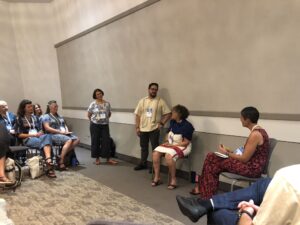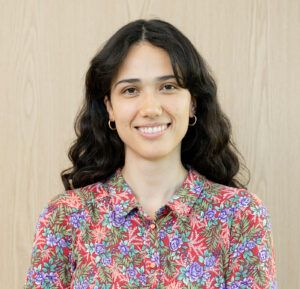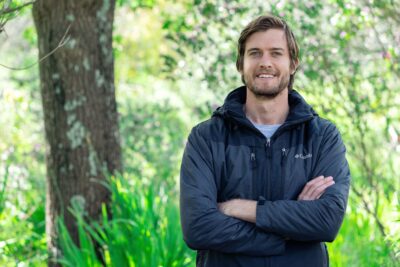The art of caring: collective practices to change academia from within
Reflections on the “Caring Practices for Sustainability Transformation” session led by Mollie Chapman with the participation of Berta Martin-Lopez, Cristina Quintas-Soriano and Maraja Riechers
Written by Valeria Mendez and edited by Willem Malherbe Photo by Willem Malherbe

This blog post is part of a series reflecting on a selection of sessions and keynotes that were presented at the PECS-III Conference, Montreal Canada, 12-15 August 2024
Academia is an institution that carries the flows of our society, often perpetuating structural discrimination. Victims of discrimination and structural injustice in academia are often left alone not only to navigate a hostile environment but also to advocate for their own rights, frequently sacrificing their privacy and well-being in the process. The question arises: how can we address these deep-rooted issues without leaving the burden of change on the very people who are most affected by them?
This issue was at the heart of the “Caring Practices for Sustainability Transformation” session led by Mollie Chapman, Berta Martin-Lopez, Cristina Quintas-Soriano and Maraja Riechers, members of the working group on “Collective and Care-full Transformations for Sustainability Science”. In this session, participants were introduced to the Theatre of the Oppressed, an interactive form of theatre designed to explore and address social injustices by bringing real-life experiences to the stage. After setting the scene, the audience is encouraged to step into the roles of the characters, contributing their perspectives and collaboratively exploring solutions that are grounded in reality.
This way the stage of PECS-3 became a mirror reflecting not just the problems but also potential pathways to solutions. Participants engaged in shaping the narrative of the stories and becoming actors of change.
During the session, we encountered Sebastian, a PhD student with a disability, who was struggling to meet deadlines due to the lack of institutional support and understanding. Despite his challenges, Sebastian found himself isolated, with an absent supervisor and no one within his academic community who could empathize with his situation. The only advice he received was to invest more of his limited energy educating others about his needs. However, through the participation of the audience, Sebastian received the emotional and practical support he required. His emotions were validated, and he was looked after by a special commission within his university, leading to revising university’s protocols to accommodate different paces of productivity, providing additional tools and support for his research, and putting under scrutiny the lack of preparation of the supervisor and the teaching staff in dealing and supporting students.
The session also introduced us to Andy, another PhD student, who was grappling with the challenges of beginning their teaching career. Andy’s desire to improve the quality of their teaching was met with indifference by their supervisor, who dismissed their ideas and urged them to focus solely on their research output. Participants to the scene from the audience helped Andy to address this issue with other PhD students, who were facing similar challenges, ultimately forming a group. Together, the PhD students empowered each other to address with their supervisors that training and mentorship are fundamental responsibilities of their academic role.
Another scenario brought to life the story of Charlotte, a postdoc who was offered the position of Vice-dean by the Dean of the university where she is working. On the surface, this seemed like a career advancement opportunity, but the reality was far more complex. Charlotte’s contract was short-term, and the additional workload associated with the new position threatened to overwhelm her. The audience helped Charlotte analyse the offer critically, recognizing that it was more about offloading responsibilities onto her than providing a genuine path for career growth.
As someone who represents a minority group within academia, this session was particularly inspiring. I have often felt the pressure to be proactive, to stand up for my rights, and to educate others about the challenges I face. This is an incredibly uncomfortable and exhausting position to be in. What struck me most during this session was the collective empathy and willingness to engage displayed by the audience. It was a reminder that we are not alone in our struggles, and that there are many who, even if not directly affected, are ready to support and advocate for change.
Reflective practices, like the ones promoted by the working group on “Collective and Care-full Transformations for Sustainability Science“, can play a crucial role in fostering a more inclusive academic environment. By engaging in such exercises, we can increase awareness and empathy among those who may not be directly affected by discrimination, while also empowering those who are. This session demonstrated that solutions are often already within our reach, we just need to create the space and opportunities to address them together.
Academia will not transform overnight into a perfect environment. Systemic issues are deeply entrenched and will require sustained, collective effort to address. However, in that room, I saw a glimpse of what academia could be.
—
If you’re interested in learning more or getting involved in the activities of the “Collective and Care-full Transformations for Sustainability Science” working group, please visit: socses.org and send your feedback selecting an interest in “caring practices”.


